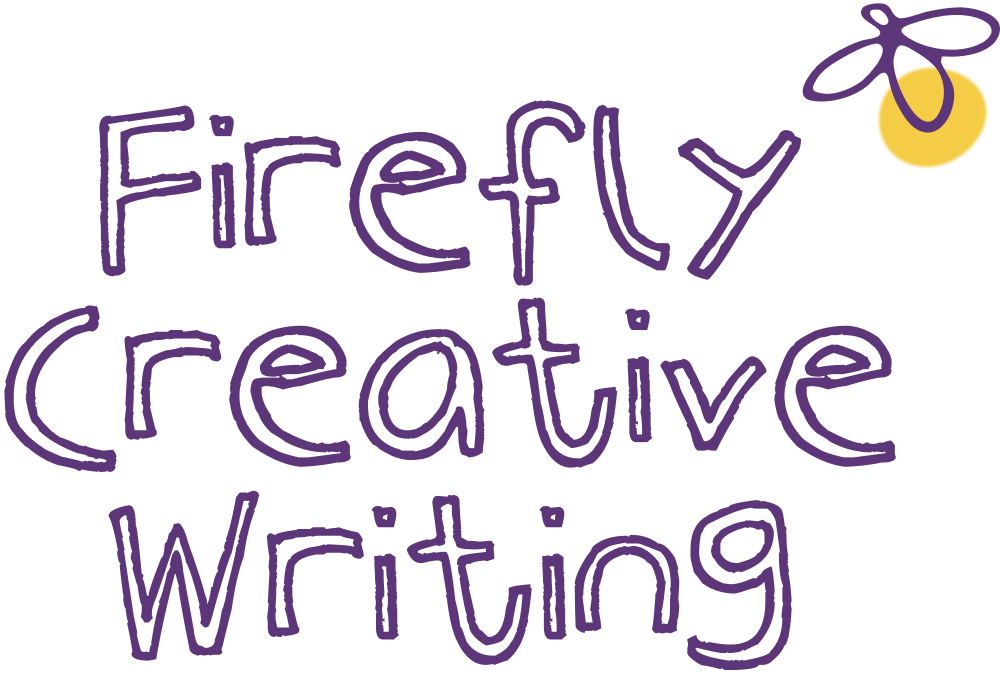The art of (constant) revision.
Me, a white, fair-haired 2-ish year old with short bangs and an odd, fuzzy outfit with a high waist and a snug pink hood. I have a spent corn cob in my hand and a confused look on my face. My suave older brother looks on in the background.
What comes to mind when you think about yourself at your most awkward?
For me, it’s that picture right there. That look, like I have no idea what the world is. That tea towel, tied around my neck like the biggest bib on earth.
I can’t look at this photo and not know that I have grown.
Every day, we grow. Sometimes stronger, sometimes softer, always older, and more ourselves. This is the inevitable, quiet work of persisting. Sometimes growth feels wonderful — like a sun-warmed meadow. Sometimes it’s a damp corn cob we don’t know how to put down.
As writers, our voices are growing too.
This can be incredibly cringe-inducing. I watched a panel a few weeks ago with writers Farzana Doctor, Sarah Polley, and Bilal Baig. Someone asked what they do when they’ve made bad art. They winced hard. Farzana talked about the genuine pain of critical feedback. Bilal said, “So much crying.” Sarah said that she lives in fear of her early films showing up online.
I felt a rush of relief. Call it “bad art” or first drafts or early work — it’s so easy to shame what is behind us. If we listen to that feeling, we keep rushing forward, creating more and more new work, trying to outrun the things we’ve outgrown. It’s easy, yes, but so unproductive.
Growth is part of life, and it’s part of having a creative life too.
Finding the compassion to see our early writing with fresh eyes, and to revise and grow it, is part of being a writer. Revision doesn’t have to be a chore, it can be a life-giving stage of the creative process. When we stop rushing forward, we find a body of work all around us, waiting to be brought to light.
Kim has created a class for this.
It’s called The Art of Revision. It’s for people who have finished the first draft of anything, and have no idea what to do. Together, the group will bring new tools, perspectives, and humour to help it evolve into something that feels truly finished. It includes group sessions, a 1-on-1 with Kim, and lots of resources.
Kim is one of the smartest writers I know. Her brain is packed with theories, stories, and new ideas. She loves to revise, and she makes me love it too.
Of course, we have other workshops too.
Whether you have a writing project on the go, or are just feeling the tug to make things with words, we’d love to meet you at our table — virtually or in real life.
It’s also worth remembering: We can’t grow if we don’t start somewhere.
Is it possible I’m really writing about self-compassion?
I think maybe, but not the surface kind. It takes grit and kindness to hold those early versions of ourselves with — if not love, then at least a kind of gentle witnessing, a readiness to be changed, to cup our ear to their door and say, “Talk to me, Sweetie. What are you trying to become?”
In it with you,


